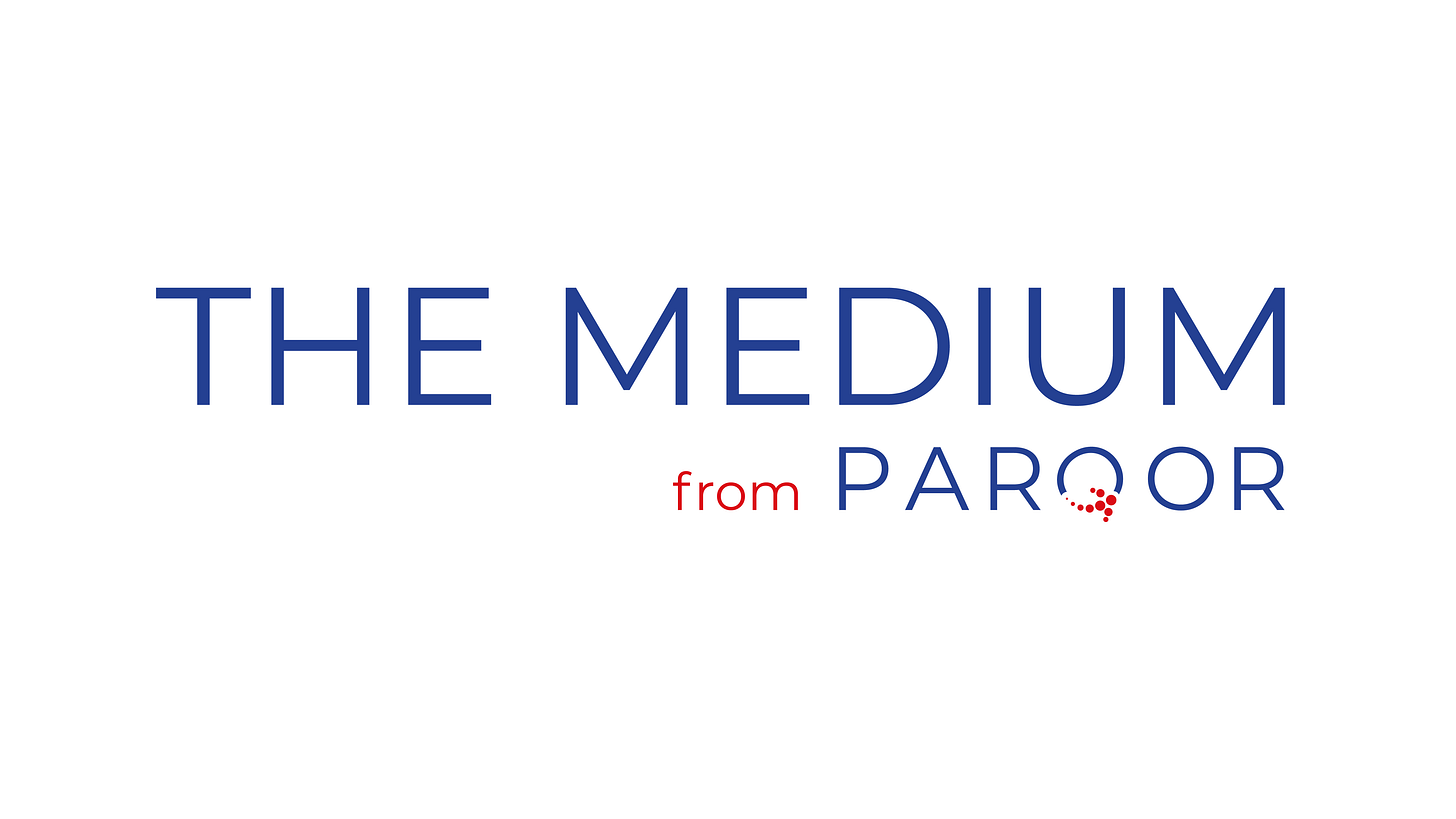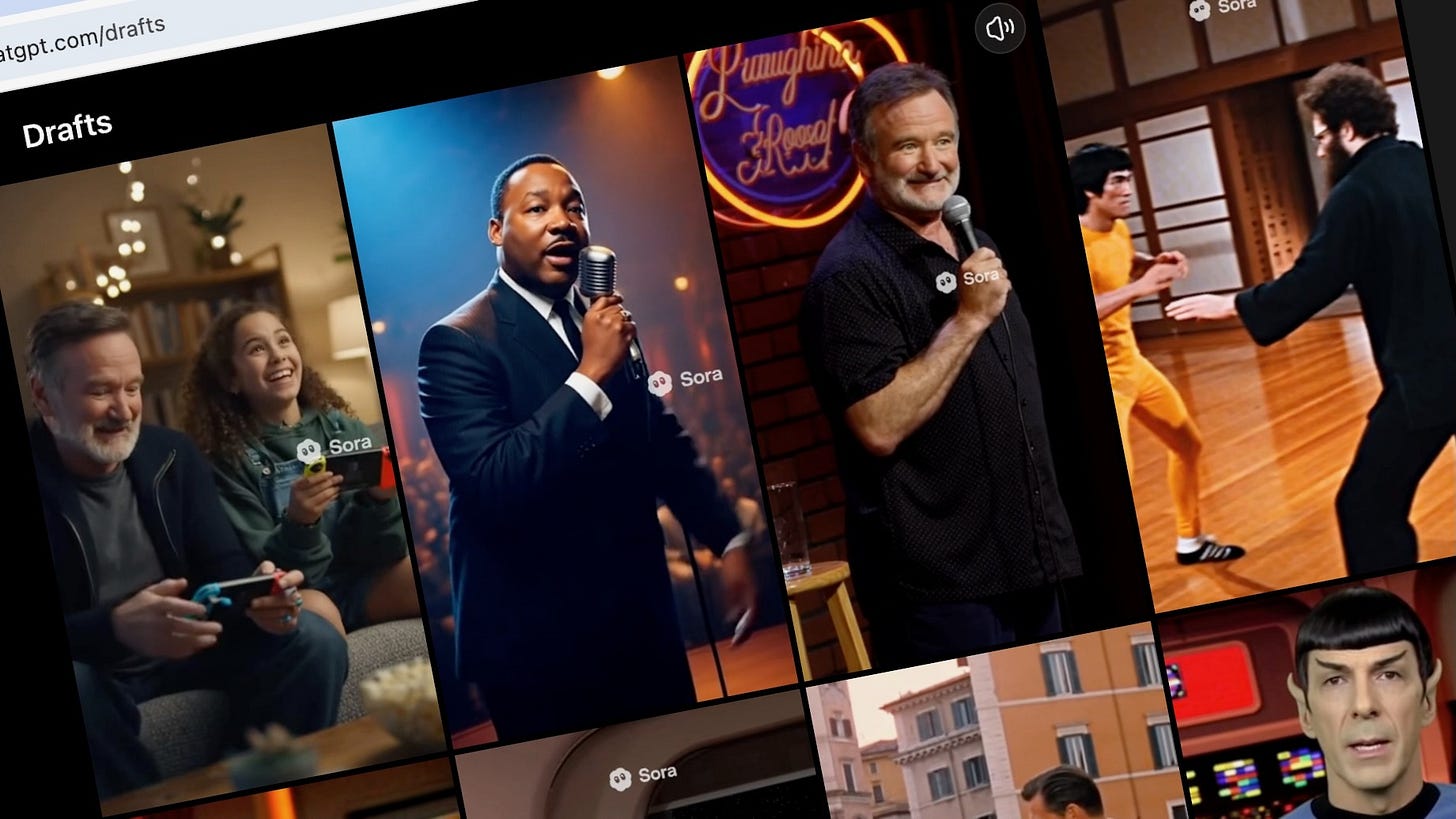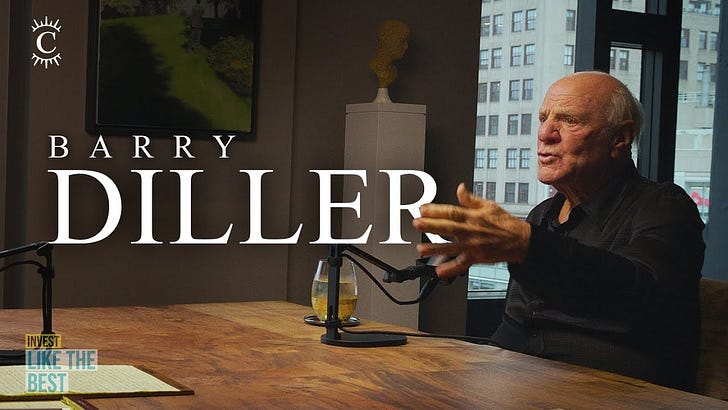Hollywood Thinks Sam Altman Played Them. They're Missing the Real Problem.
Hollywood claims Altman "played" them with Sora's opt-out system. But the real issue: they can't measure IP value on AI platforms, streaming growth is flat, and they need a next revenue engine they ca
The Hollywood Reporter reports growing anger and confusion in Hollywood. They feel OpenAI co-founder and CEO Sam Altman “played” them with “a very calculated set of moves” to force studios into an opt-out system for Sora.
A former Showtime Networks executive vice president described the dynamic of OpenAI’s gamesmanship as: “setting up this false bargain where they can do this unless you opt out. And if you didn’t, it’s your fault.” He added, “They’re turning copyright on its head.”
The real problem is not the “false bargain” or copyright law—it is asymmetric information. Hollywood does not know what IP is worth on Sora. OpenAI does not know either. And a growing global legion of fans with their own AI tools are already deciding the value without either of them.
Counterintuitively, the burden to resolve this asymmetry falls on Hollywood and other rights holders. As I argued Tuesday: “Only [they] understand the true value of their IP because only they have business models for monetizing it beyond the Sora ecosystem. The only way they can learn whether their IP is valuable within the Sora ecosystem is to license their IP to Sora.”
The Hollywood Reporter will not take this angle because they rely on Hollywood insiders for revenue. But that does not make their framing right. The article failed to mention how OpenAI’s approach mirrors something Meta CEO Mark Zuckerberg said to The Verge last September: “We pay for content when it’s valuable to people. We’re just not going to pay for content when it’s not valuable to people”.
Zuckerberg’s principle applies here: Platforms pay for value they can measure. OpenAI cannot measure IP value yet on Sora—which is a key reason why the opt-out system exists.
Altman implicitly offered a new version of the same argument in a recent blog post: “People are generating much more than we expected per user, and a lot of videos are being generated for very small audiences.” This suggests a wide range of content creation is enabled by the Sora app—including personalized AI fantasies where users star in their own impossible scenarios (“Mitty IP”)— and that optionality is driving the growth of the platform.
That suggests third-party likenesses and IP may be valuable to Sora consumers sometimes, but not always, and at a much smaller scale than broadcast, cable and film industries are accustomed to.
What’s Really Happening
The “false bargain” framing assumes this is about legal tactics. It’s not. It’s about business model inversion—and Hollywood is failing the test that some publishers have already passed.
It is the foundation of a few new market hypotheses I have, which I will share exclusively with Platinum subscribers tomorrow.
The Entertainment Industry Faces A Strategic Choice: Invert or Be Inverted
The people who run movie studios, TV networks, and streaming companies are freaking out—not because they’re dying, but because they’re stuck.








